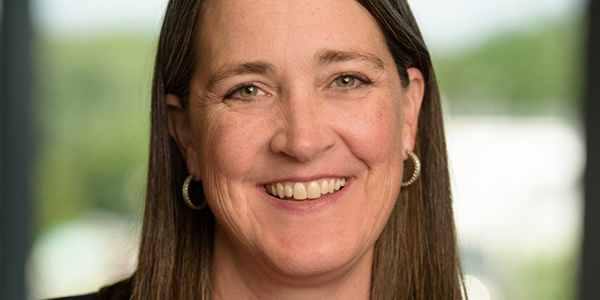
However, the Michigan-based parent company of Consumers Energy also said it would institute some temporary cost-control measures.
“Our long-term investment thesis remains unchanged despite the near-term uncertainty presented by COVID-19. Over the years, we’ve been good stewards of the balance sheet, maintaining a healthy level of liquidity, and we plan conservatively. We still have a large and aging system and need a significant investment,” CEO Patti Poppe said during an April 27 first-quarter earnings call. “Our system remains in great need of replacements and upgrades, and that won’t go away as a result of the current pandemic.”
Consumers in February announced plans to achieve net-zero emissions by 2040. (See Consumers Energy Accelerates Zero-carbon Target.)
“Our net-zero carbon and methane goals remain as important today as the day we established them,” Poppe added.
The company so far seems financially unfazed by the onset of the coronavirus pandemic, reporting net income of $243 million ($0.85/share) for the first quarter of 2020, compared to $213 million ($0.75/share) for the same period last year.
CFO Rejji Hayes said Consumers has been experiencing 20 to 25% declines in commercial and industrial load based on its smart meter readings. However, Hayes said Consumers’ electric segment is more than 60% residential and offers the “highest margins.”
“The [commercial and industrial] load reduction has been partially offset by residential load, which is up over 5% over the same time frame, presumably due to mass teleworking and self-quarantine measures,” Hayes said. “So any uptick in growth in the residential segment should partially offset the expected declines we anticipate in the commercial and industrial segments.”
Despite the optimism, Consumers will implement a hiring freeze, minimize overtime and decrease travel and training expenses to save money, Poppe said.
“We have already implemented an initial wave of cost-control measures. Needless to say, we are not here to represent that any downside scenario can be overcome, particularly given the unprecedented nature of this global pandemic. However, we are confident that we can minimize the financial risk in 2020 without jeopardizing our long-term value proposition to our customers and investors,” Hayes said.
Poppe said CMS will take advantage of a recently approved measure by the Michigan Public Service Commission that allows deferred accounting for uncollectible account expenses above currently approved rates.
She also noted that Michigan regulators are reviewing other utility costs related to COVID-19. She said CMS hopes to defer other pandemic-related expenses, “including sequestration and quarantine-related costs.”
CMS currently reports that 11 of its more than 8,000 employees have tested positive for the virus.
“We’re thankful that seven of those coworkers have been able to return to work, and each identified case has yielded fewer and fewer ancillary cases of contact, which means our social distancing is working,” Poppe said.





